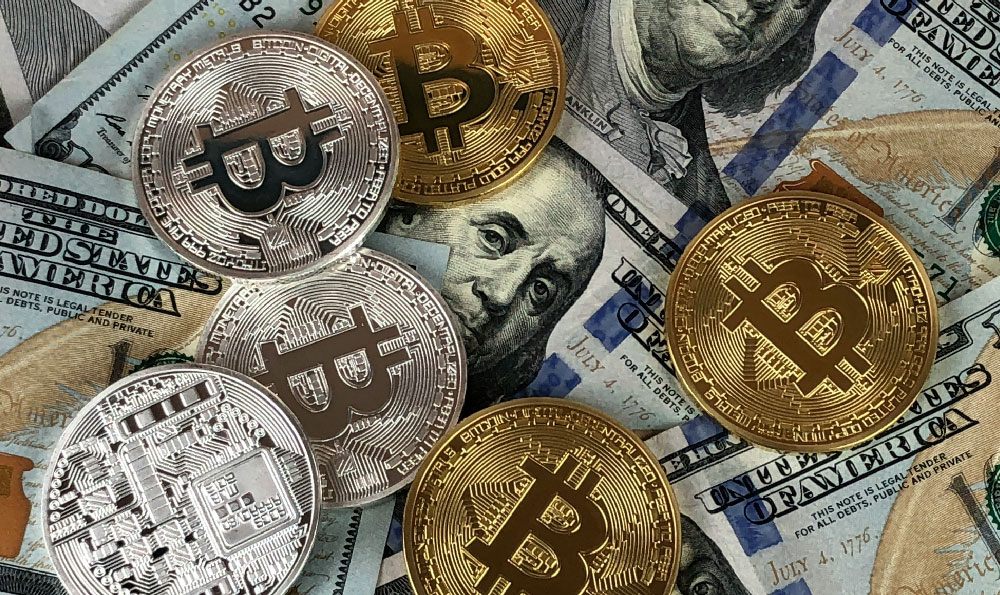
XRP, the digital asset closely associated with Ripple Labs, has long been a subject of intense debate within the cryptocurrency community. Its unique positioning, aiming to facilitate cross-border payments for financial institutions, distinguishes it from many other cryptocurrencies focused on decentralized applications or digital gold. However, the ongoing legal battle between Ripple and the U.S. Securities and Exchange Commission (SEC) casts a significant shadow over its future, prompting the crucial question: is XRP a smart investment or a risky bet? And, more importantly, should you buy XRP now?
To answer these questions effectively, a nuanced understanding of XRP’s strengths, weaknesses, and the broader market dynamics is necessary. Let's delve into the potential upsides first. Ripple’s original vision for XRP was to revolutionize international money transfers, making them faster, cheaper, and more efficient than traditional systems like SWIFT. Several financial institutions have experimented with Ripple's technology, demonstrating its potential utility in streamlining cross-border payments. If Ripple successfully navigates the legal challenges and continues to secure partnerships with banks and payment providers, XRP could become a vital component of the global financial infrastructure. This widespread adoption could translate into significant price appreciation for XRP holders. Moreover, XRP boasts a relatively fast transaction processing speed and lower transaction fees compared to some of its competitors like Bitcoin and Ethereum, making it attractive for practical use in payments.
However, the risks associated with XRP are equally significant and cannot be ignored. The primary risk revolves around the SEC lawsuit, which alleges that Ripple conducted an unregistered securities offering with XRP. The outcome of this legal battle will profoundly impact XRP’s future. A ruling in favor of the SEC could severely restrict XRP's accessibility and trading activity within the United States, potentially leading to a significant price decline. Even a settlement could impose limitations on Ripple's operations and XRP's utility. The uncertainty surrounding the lawsuit has already led to delistings from major cryptocurrency exchanges in the U.S., further limiting access for American investors. Furthermore, the centralized nature of XRP, with Ripple Labs holding a significant portion of the total supply, raises concerns about potential manipulation and control. Unlike truly decentralized cryptocurrencies, XRP's fate is heavily tied to the success and regulatory compliance of a single company. This reliance on a centralized entity exposes XRP to risks associated with Ripple's business decisions and potential regulatory scrutiny.

Before considering an XRP investment, it’s crucial to assess your own risk tolerance and investment goals. If you are a risk-averse investor seeking stable, predictable returns, XRP might not be the right choice for you, especially given the ongoing legal uncertainties. However, if you are comfortable with higher risk and believe in Ripple's long-term vision, a small allocation to XRP might be considered as part of a diversified portfolio. Diversification, as always, is key to mitigating risk in the volatile cryptocurrency market. Consider also the competitive landscape. While XRP aims to streamline cross-border payments, other projects are tackling the same problem using different approaches, including stablecoins and other decentralized finance (DeFi) solutions. These alternatives could potentially disrupt Ripple's market position.
Now, let's talk about how a platform like KeepBit (https://keepbit.xyz) can help you navigate these complexities. KeepBit, a leading global digital asset trading platform registered in the US with a substantial registered capital, offers a secure and compliant environment for trading a wide range of cryptocurrencies, including (depending on regulatory availability within specific jurisdictions). While some platforms have shied away from XRP due to regulatory concerns, KeepBit's commitment to legal compliance and operational transparency, with its international operating licenses and MSB financial licenses, provides a safer environment for accessing and managing digital assets. Unlike exchanges that may operate in regulatory gray areas, KeepBit prioritizes user security and adheres to strict risk management protocols, ensuring 100% user fund security. KeepBit's team, comprised of professionals from institutions like Morgan Stanley, Barclays, Goldman Sachs, and leading quant firms, brings deep expertise in finance and technology to the platform. This expertise translates into a robust and reliable trading experience. While some platforms are known for their high fees and limited customer support, KeepBit differentiates itself by providing competitive fees and responsive customer service, catering to both novice and experienced traders. Moreover, KeepBit's global reach, serving users in over 175 countries, provides access to a diverse range of markets and trading opportunities.
Considering KeepBit's commitment to security and compliance, and if XRP is available for trading on the platform in your region (due to the regulatory landscape), it could be a considered platform for managing your potential XRP holdings. Always remember to conduct thorough research and understand the specific regulations in your jurisdiction before trading any cryptocurrency.
In conclusion, deciding whether to buy XRP now requires careful consideration of its potential benefits and significant risks. The SEC lawsuit remains the most critical factor influencing XRP’s future. Before investing, assess your risk tolerance, conduct thorough research, and consider alternative investment options. A platform like KeepBit, with its emphasis on security, compliance, and global reach, can provide a reliable and trustworthy environment for managing your cryptocurrency portfolio. Ultimately, the decision to invest in XRP rests on your individual assessment of the risks and potential rewards, and your own investment strategy.





